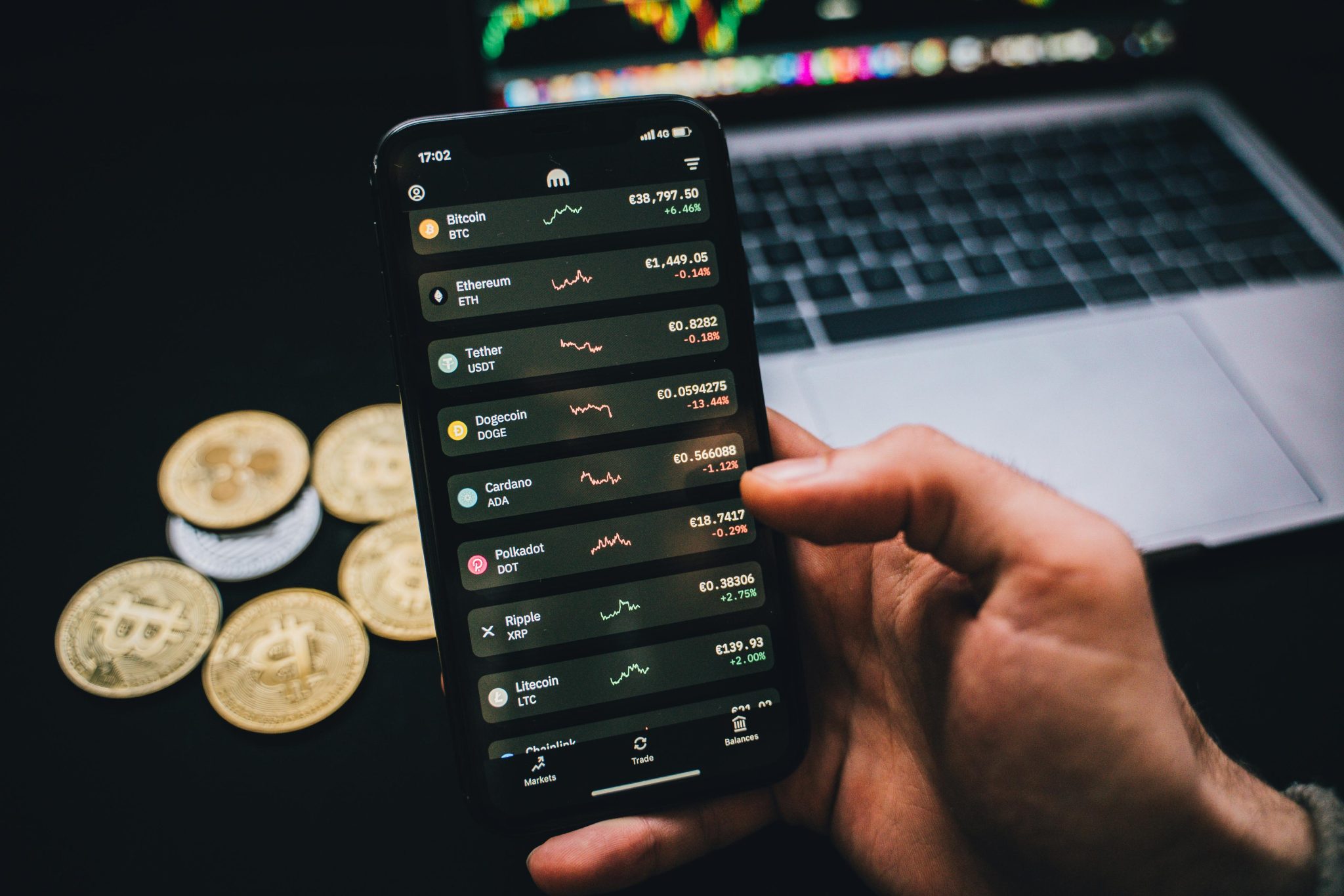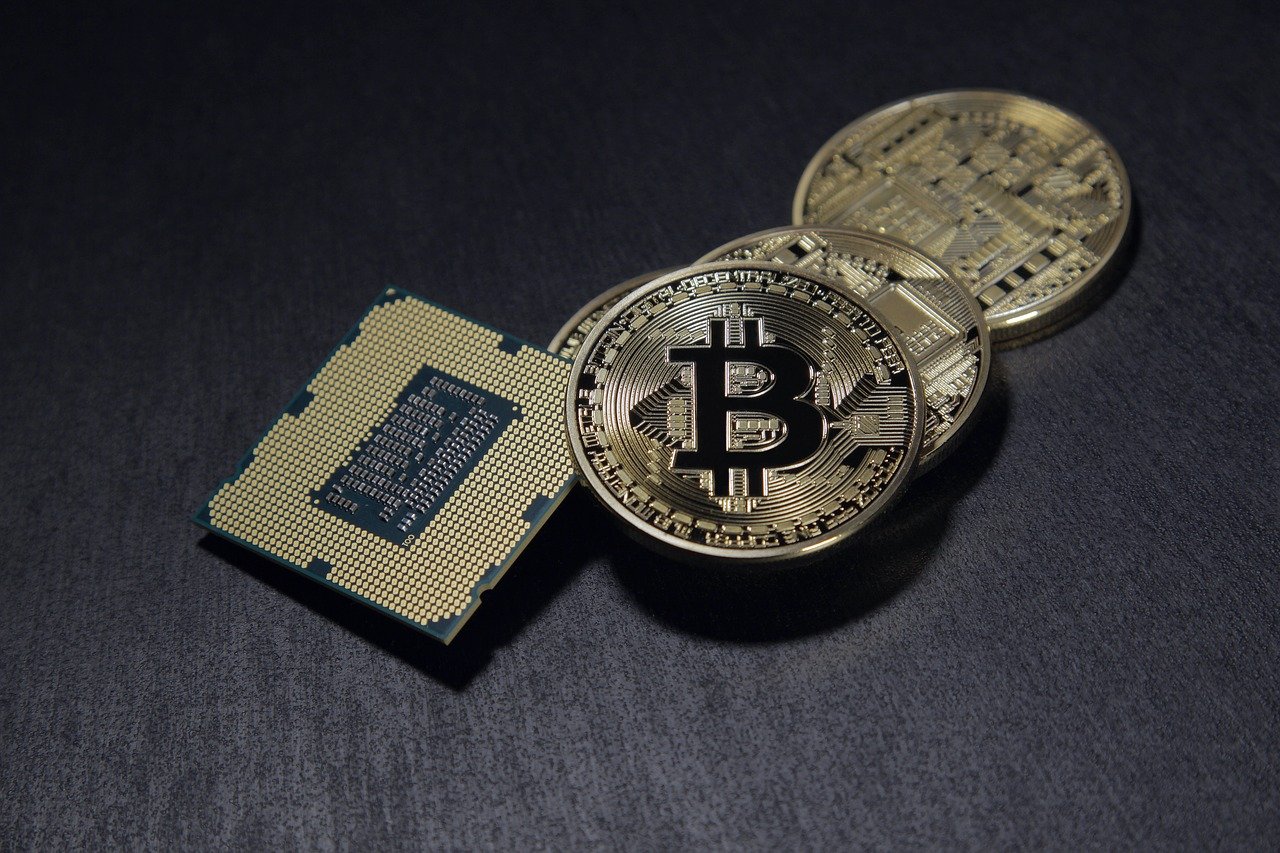
Introduction to NFTs
Non-Fungible Tokens (NFTs) have rapidly transformed the digital art landscape, offering artists new avenues for creativity and ownership. Unlike traditional cryptocurrencies, NFTs are unique digital assets verified through blockchain technology, ensuring authenticity and provenance in the digital realm. This innovation has empowered digital artists with unprecedented opportunities to monetize their work and engage audiences in a rapidly evolving marketplace.
Tokenization and the Arts
Tokenization, the process of converting rights to an asset into a digital token, has opened doors for artists to explore new dimensions of creativity. By tokenizing their artworks, artists can establish verifiable ownership and create limited editions of their digital creations. This process ensures that each piece is uniquely identifiable and tradable, fostering a new ecosystem of digital art ownership and exchange.
Marketplaces Leveraging Tokenized Platforms
The emergence of tokenized platforms has revolutionized how digital art is bought, sold, and experienced. Marketplaces such as OpenSea, Rarible, and Foundation leverage blockchain technology to facilitate transparent and secure transactions. These platforms provide artists with tools to mint, sell, and auction their NFTs, connecting them with a global audience and creating new revenue streams. Understanding the dynamics of these platforms is crucial for artists seeking to navigate this digital frontier effectively.
Future of Digital Art
As blockchain technology continues to evolve, the future of digital art looks promising yet complex. Tokenized platforms are expected to integrate more sophisticated features, such as fractional ownership and cross-platform interoperability. These advancements will further democratize access to digital art, allowing collectors to own portions of high-value pieces and artists to reach broader audiences. Artists must stay informed about these developments to leverage emerging tools and trends effectively.
Conclusion
In conclusion, the intersection of tokenized platforms and NFTs is reshaping the digital art landscape, offering artists innovative ways to create, monetize, and engage with their work. By understanding the intricacies of tokenization and leveraging the capabilities of blockchain-based marketplaces, digital artists can harness these technologies to enhance their artistic endeavors and expand their reach in an increasingly digital world. As the landscape continues to evolve, staying informed and adaptive will be key to thriving in this dynamic environment.

[page-generator-pro-related-links group=”NFT” limit=”3″ output_type=”list_of_links” title=”More NFT Articles”]





